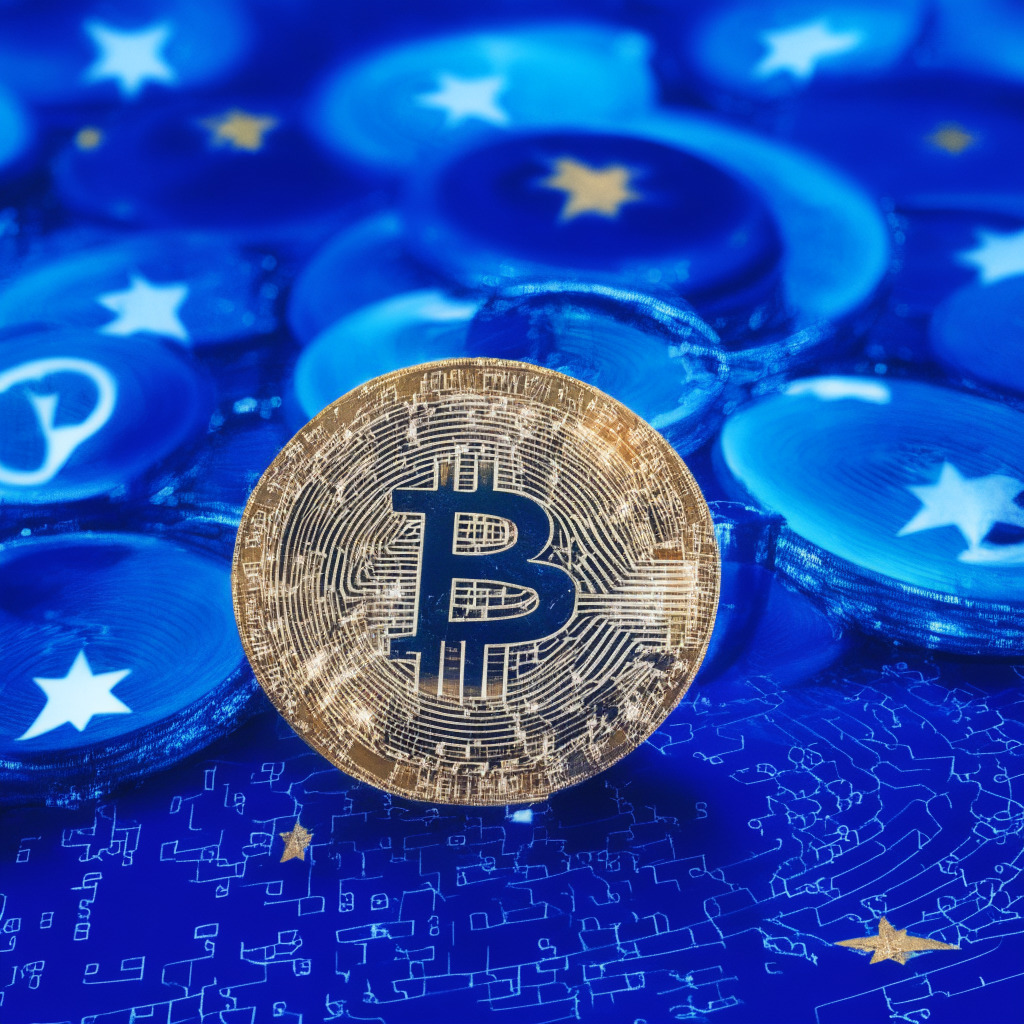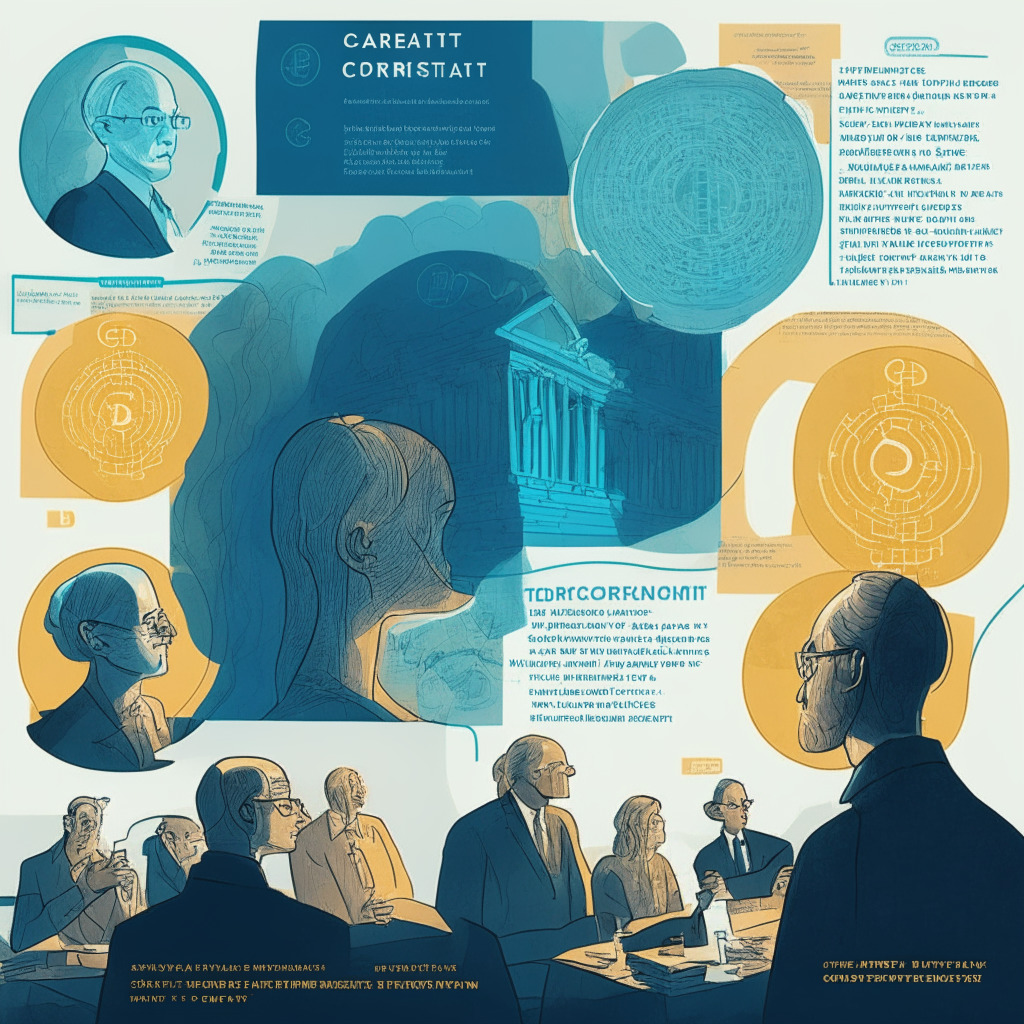The crypto landscape has witnessed some enthralling episodes lately. Two recognised cases in point involve Nathaniel Chastain, a former manager at nonfungible token marketplace OpenSea, and another account dwells on the Australian senate’s reaction to a proposed crypto regulation bill.
On the American side, Chastain is ensnarled in a bit of a legal quagmire. Convicted on counts of wire fraud and money laundering, Chastain, decided to serve his three-month sentence voluntarily, rescinding his bail appeal application. As part of the judgement, he needs to surrender all ill-gotten gains acquired from suspect trading on OpenSea, plus a hefty fine amounting to $50,000.
Such an incident unearths an irregularity in the workings of NFT marketplaces. Chastain, as a product manager, had the power to influence which tokens and collections would be featured on OpenSea‘s homepage, escalating their visibility. Accusations are that he exploited this control to buy 45 NFTs prior to their highlight and seal them for a profit after their prices soared.
Moving across the Pacific, the Australian crypto sphere appears to be embroiled in a tussle of its own. Senator Andrew Bragg hinted severe repercussions for retail investors and the nation’s crypto landscape if the Digital Assets (Market Regulation) Bill does not pass. The bill aims to improve consumer protection and promote investment.
However, the Senate Committee on Economics Legislation proposed its rejection, expressing it does not harmonise with the already existing regulatory framework, potentially inciting unabated market practices, thereby, showing the lack of harmony between institutional wisdom and the rapidly growing space of digital assets.
With seemingly partisan politics at play, Bragg lamented the crypto bill rejection would stifle the adoption of digital asset regulations in Australia, exposing the public to unregulated crypto markets and driving investment away.
Liam Hennessey, a partner at Clyde & Co., brushed aside Bragg’s criticism, hinting the bill rejection wasn’t predominantly political but rather part of a larger picture.
In conclusion, both episodes shine light on the importance of regulation in the crypto world. While Chastain’s story addresses the necessity of checks and balances within individual platforms, Bragg’s bill debacle underscores the need for thorough legislative solutions to foster the nascent industry. Such scenarios remind us that crypto, despite its bright prospects, is still a domain with regulatory complexities. How individual platforms and nations navigate these hurdles will decide the path the crypto space takes moving forward.
Source: Cointelegraph




